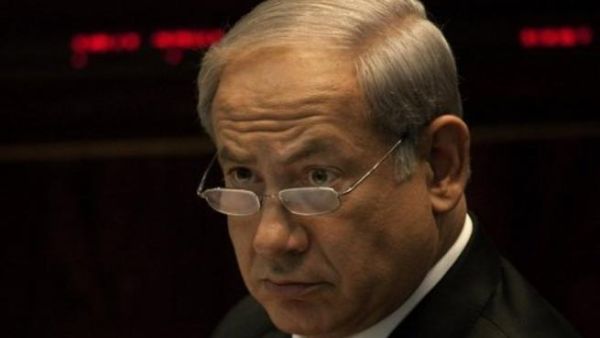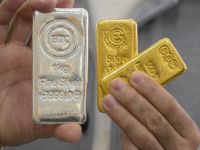Israeli Prime Minister Benjamin Netanyahu Sunday called the six-month deal secured in Geneva to halt Iran's nuclear program a "historic mistake."
"What was achieved in Geneva is not a historical deal, but a historic mistake," Netanyahu said in Jerusalem, Israel Radio reported. "For the first time the leading world powers agreed to allow Iran to continue enriching uranium, totally ignoring the U.N. sanctions. ... Israel is not obligated by this agreement ... Israel maintains the right to defend itself against all threats ... Israel will not allow Iran to achieve nuclear weapons."
Russia, France, Britain, China, the United States and Germany secured the interim deal with Iran in Geneva before dawn Sunday. In exchange for easing sanctions against Iran, the Islamic Republic will halt nuclear enrichment above 5 percent; neutralize its current stockpile; stop work on any future centrifuges and at its plutonium reactor; and allow inspectors to confirm the commitments are being kept.
U.S. President Barack Obama called the Geneva agreement "a first step" that has "opened up a new path toward a world that is more secure -- a future in which we can verify that Iran's nuclear program is peaceful and that it cannot build a nuclear weapon."
U.S. Secretary of State John Kerry said the preliminary agreement with Iran addresses "the most urgent concerns about Iran's nuclear program."
"The agreement locks the most critical components of a nuclear program into place and impedes progress, and "actually rolls back the stockpile of enriched uranium and widens the length of time possible for breakout," Kerry said.
That means that whereas Iran today has about 200 kilograms of 20 percent enriched uranium, they could readily be enriched towards a nuclear weapon. In six months, Iran will have zero -- zero. Iran will not increase its stockpile of 3.5 percent lower-enriched uranium over the next six months, and it will not construct additional enrichment facilities," Kerry said.
Asked to comment on Netanyahu's hardline approach to the Iranian nuclear program, Kerry described the Israeli prime minister "a friend of mine." Kerry said he had spoken to Netanyahu a number of times in recent days, adding while Israel and the United States may disagree on how to halt Iran's nuclear program, "there is no difference between the United States and Israel and what the end goal must be here. ... Iran will not have nuclear weapons.
"Together now, we need to set about the critical task of proving to the world what Iran has said many times – that its program is in fact peaceful," Kerry said.
Iranian President Hassan Rouhani hailed the agreement that he said allows Iran to continue enriching uranium because it is a signatory of the Non-Proliferation treaty. Rouhani declared activities would continue at the Natanz, Fordow, Arak, Isfahan and Bander Abbas facilties, Press TV said.
"The deal states that all sanctions will be lifted on a step by step basis as negotiations continue," he said.
Israeli Foreign Minister Avigdor Lieberman agreed with Netenyau, saying: "This agreement is still bad and will make it more difficult than before to achieve an appropriate solution in the future," Ynetnews.com reported.
Israeli Economic Minister Naftali Bennet also called the Geneva deal a "very bad agreement."
"Israel is not obligated by the agreement that endangers its existence," he told the radio.








